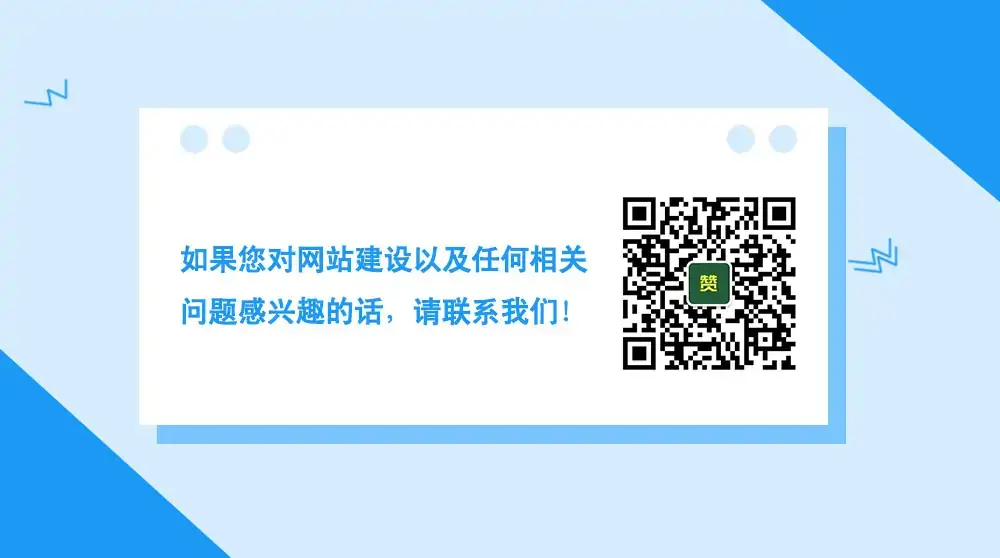EasyStore Cloud Intelligent Website Marketing System Platform!
- Are global buyers abandoning your independent website? Uncover the technical traps that 99% of companies ignore2025-06-19View Details
- Multilingual SEO optimization services help companies expand into international markets!2025-06-19View Details
- AI-driven SEO optimization services can double your website traffic!2025-06-19View Details
- Intelligent website building system + SEO optimization services to create an efficient marketing website!2025-06-19View Details
- Shandong enterprises must see: the five core advantages of independent station construction2025-06-17View Details
- The official agent of Google for foreign trade independent website: authoritative certification, trustworthy2025-06-17View Details
- Which is the best Chinese service provider for foreign trade independent website? Read this article is enough!2025-06-17View Details
- Foreign trade standalone site global server deployment, so that your website is fast2025-06-18View Details
[Website Optimization Practice] When should you modify the page URL: Analysis of six key scenarios
In the face of the ever-changing Internet environment, timely adjustment of website page URLs is crucial to improving user experience and optimizing SEO. In what cases do you need to modify the URL of a website page? This article will provide an in-depth analysis to help you make accurate decisions.

1. Website structure adjustment and content reorganization
As business develops or market strategies change, websites may face adjustments to their overall structure or reorganization of content. At this point, the original URL structure may not accurately reflect the new information hierarchy or category division, resulting in difficulty for users to navigate and reduced search engine crawling efficiency. For example, if the original product category is changed from "electronic products/mobile phones" to "consumer electronics/smartphones", the corresponding URL should be updated to "www.example.com/consumer-electronics/smartphones". By modifying the URL, ensure that the new structure is clearly communicated to users and search engines, and improve the logic of internal links and search engine friendliness of the website.
2. URL redundancy and duplication issues
URL redundancy and duplication are common problems that affect website weight distribution and cause content confusion. When it is found that the same content can be accessed through multiple URLs, or the URLs of different pages are too similar (such as only the order of parameters is different), they should be cleaned up and normalized. Use the canonical tag (canonical) to point to the only version of the URL, or use 301 redirects to point duplicate URLs to the main URL, eliminating confusion in search engine inclusion, avoiding scattered keyword rankings, and improving the overall SEO effect of the website.
3. Optimize URL readability and keyword embedding
The URL is not only the unique identifier of a web page on the Internet, but also an important clue for users and search engines to understand the subject of the page. If the current URL is too complex, contains meaningless parameters or difficult-to-understand IDs, you should consider simplifying it to a more descriptive form that includes target keywords. For example, rewrite "www.abcd.com/blog?id=123&title=my-seo-guide" to "www.abcd.com/blog/my-seo-guide". This will help increase user willingness to click, while enhancing search engines' recognition of the subject of the page, which is conducive to improving keyword rankings.

4. Rebranding and domain name change
When an enterprise upgrades its brand, changes its name, or changes its primary domain name, it needs to migrate all page URLs. Ensure that an effective mapping relationship is established between the old and new URLs, and permanently redirect the old URLs to the corresponding new URLs through 301 redirection to prevent users from accessing invalid links and protect the accumulated search engine weight and external link resources. At the same time, update the URLs in all external promotional materials to maintain a unified brand image and reduce user confusion and traffic loss.
5. Responsive design and mobile adaptation
With the popularity of mobile-first indexing strategies, websites need to ensure the consistency of URL access on different devices. If the URL structure of the PC and mobile terminals is found to be too different, it may make it difficult for search engines to identify the relevance of the content, affecting the ranking of the mobile terminal. Use responsive design or adaptive layout to ensure that the URL of the same content is consistent on all devices. For example, "www.abcd.com/about-us" directly accesses the same page on both desktop and mobile devices without the need for additional subdomains or directory distinctions, which is conducive to centralized weighting and improving cross-device search performance.
6. Fix technical glitches and security issues
If you encounter URL anomalies (such as 404 errors, malicious hijacking, etc.) caused by server configuration errors, program bugs, hacker attacks, etc., you should immediately check and repair the relevant URLs. For invalid URLs, set up appropriate 404 error pages to guide users back to other related content on the website, and submit a list of broken links through tools such as Google Search Console to inform search engines to stop crawling. For URLs with security risks, strengthen server protection, fix vulnerabilities, and change the URLs of sensitive files or directories when necessary to increase the difficulty of cracking, so as to ensure the stable operation of the website and the security of user data.

If you have any questions about the construction and operation of foreign trade websites, welcome to contact Yiyingbao Technical Customer Service WeChat: Ieyingbao18661775736, and the staff will answer you wholeheartedly!

The picture resources are from the Internet. If there is any infringement, please contact 400-655-2477.
Similar Recommendations




